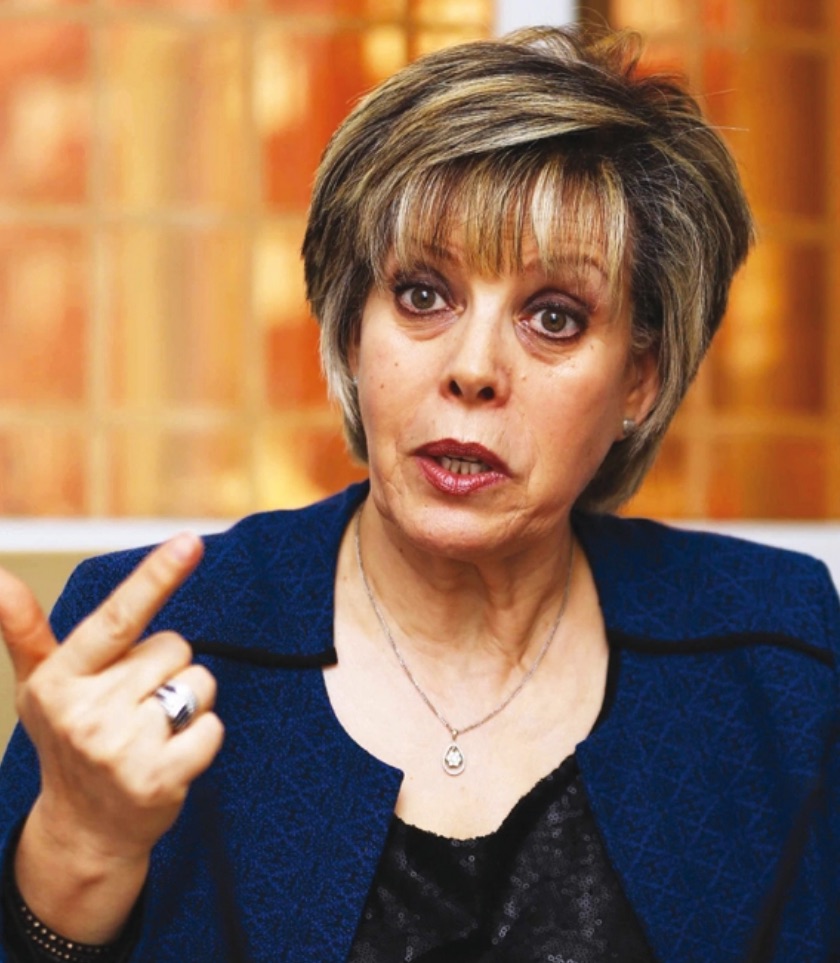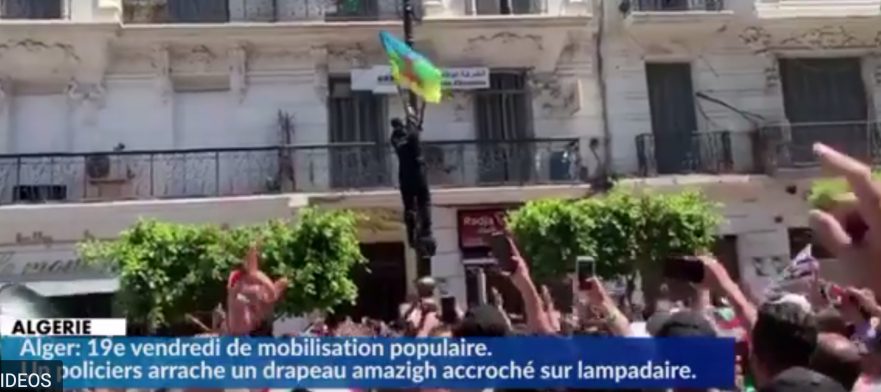For 19 weeks now, every Friday has seen massive demonstrations filling the streets of cities across the large North African country of Algeria. These protests have been overwhelmingly nonviolent, with participants abiding by the “18 commandments” for good behavior promulgated very early on. Their main goal has been to achieve serious institutional reform of the country’s long-sclerotic, authoritarian system.
At the beginning, back in late February, the first goal was to prevent the country’s somewhat symbolic, four-term President, Abdelaziz Bouteflika, from standing for a fifth five-year term. That goal was achieved fairly speedily. A follow-up goal was to prevent the ruling security clique that is the real power running the country, from organizing insubstantial, “window-dressing” elections on July 4. That goal, too, has been achieved. But in the absence of elections on July 4, the powerful chief of staff, Gen. Gaid Salah, has warned that Algeria will soon run into a constitutional crisis.
For their part, many of the leading figures of the multivalent protest/political movement that has engulfed the whole country have announced that they will participate in a big national conference being convened on July 6 by the respected national figure Abdelaziz Rahabi. This conference will provide an opportunity for these individuals, parties, and civil-society bodies to brainstorm political strategies for realizing their goal of building a much more accountable and inclusive political order.
June 28 saw the 19th of the weekly Friday marches– nationwide. And it saw some developments that may signal that Gen. Gaid Salah is preparing for an intervention that is more heavy-handed than anything seen thus far this year.
In the capital, Algiers, black-garbed security officials acted quickly to take down a number of the multicolored “Amazigh” flags that were hoisted (see photo above.) One week earlier, numerous participants in demonstrations in Algiers and other cities had proudly hoisted both the Amazigh flag and the national flag– making a point of inclusivity and multiculturalism regarding the country’s substantial Amazigh minority, as well as acting to defy an order Gaid Salah had issued earlier that the green-white-red Algerian national flag should be the only one displayed.
June 28 also saw some dozens of arrests of demonstrators, many apparently connected to their carrying the Amazigh flag.
Meantime, in a situation in which Algerians still enjoy wide freedom of expression, numerous Algerian political and intellectual figures have been openly brainstorming and discussing their ideas for how to build a juster, more responsive political order. I have done a quick translation on two accounts of recent such discussions in Algeria’s robust French-language press:
- The poet/philosopher Amin Khan and the human rights leader Moumene Khelil were last Monday (June 24) the guests of a weekly open debate held on the steps of the Algerian National Theater. This is how it was reported.

- The magistrate and party leader Zoubida Assoul (shown at right) gave this interview to El Watan, on June 28.
And here’s a final note, to help those of us English speakers not super-familiar with the “darija” dialect that is widespread across Algeria and Morocco. Three great scholars at Jadaliyya recently produced this helpful resource: A Hirak Glossary: Terms from Algeria and Morocco. Hats off to you, Muriam Haleh Davis, Hiyem Cheurfa, and Thomas Serres!

